A results-oriented and people-centered UN
Sustainable development projects need, first and foremost, to be people-centric and respond to national priorities. By bringing together several UN agencies and establishing partnerships in the public and private sectors, the SDG Fund programmes deploy multi-faceted, integrated, and holistic approaches that advances several SDGs. This is how the SDG Fund works.
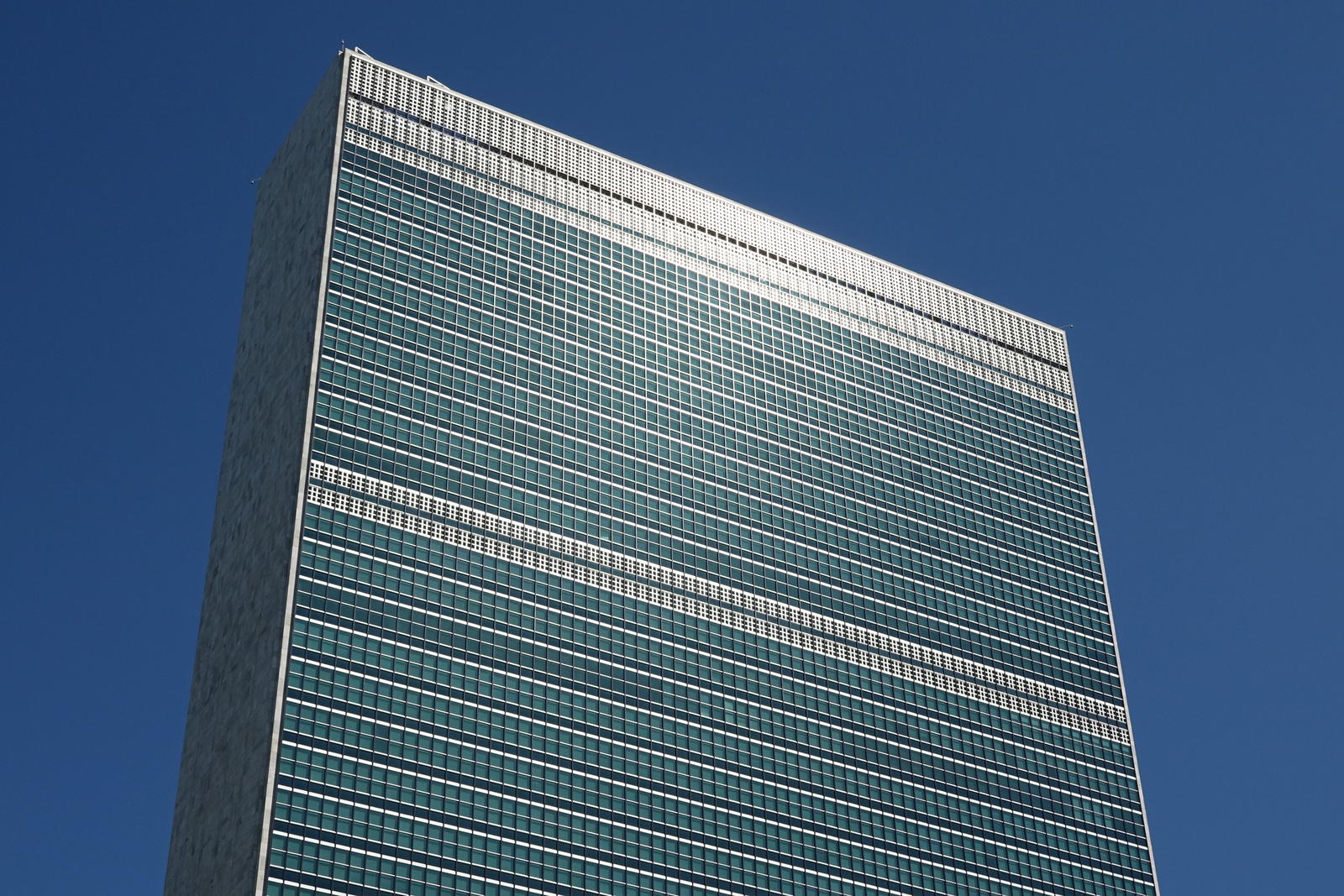
UN joint efforts
The UN development system consists of an array of specialized agencies. Each has a unique set of capacities, expertise, and partner networks. Through the SDG Fund joint programmes, UN agencies come together, with the critical support of the UN Resident Coordinator in each country.
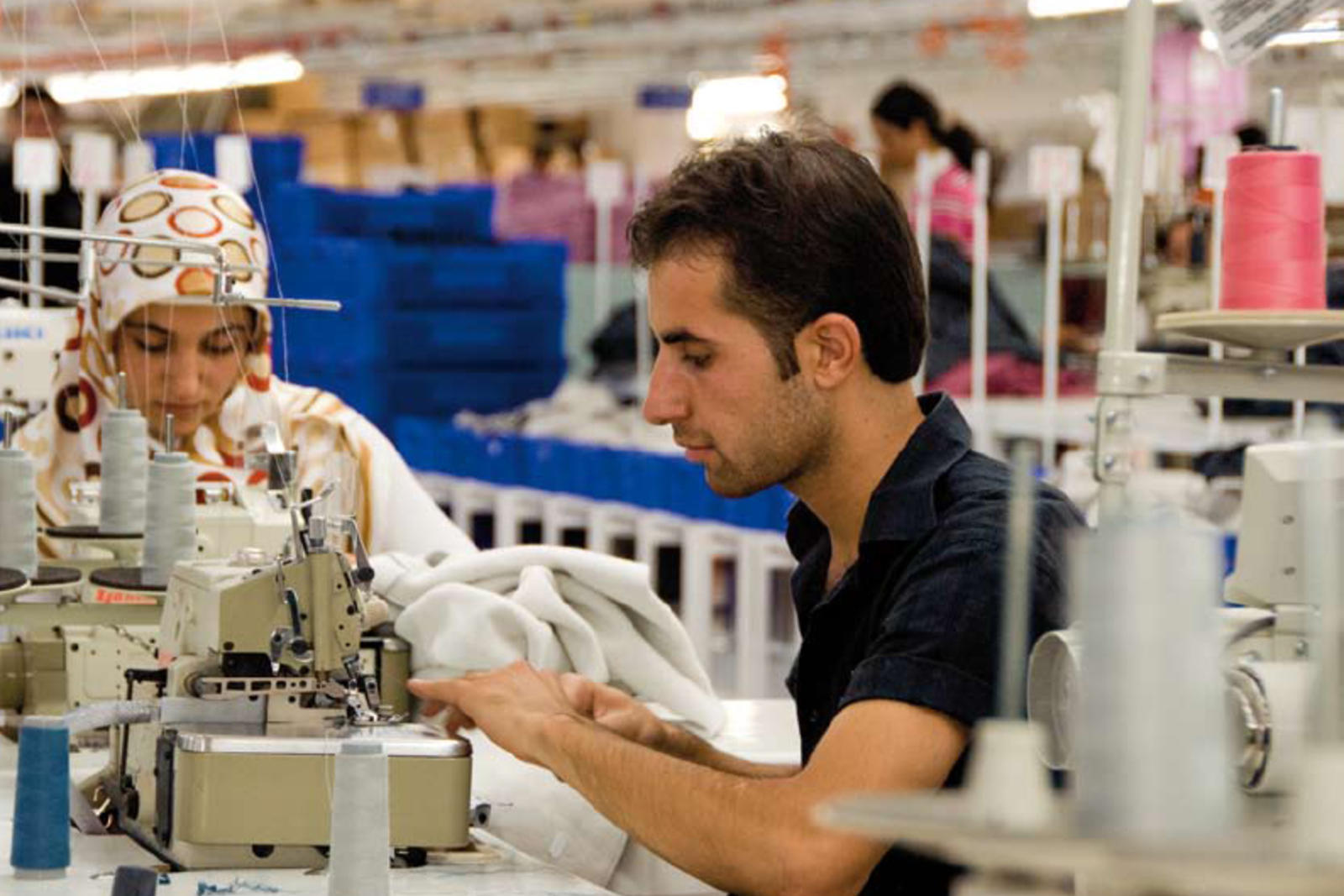
Private Sector Partnerships
To achieve the SDGs by 2030, private sector has to be fully on board. The SDG Fund responds to the 2030 Agenda’s call for public-private partnerships by engaging private sector partners in UN joint initiatives.
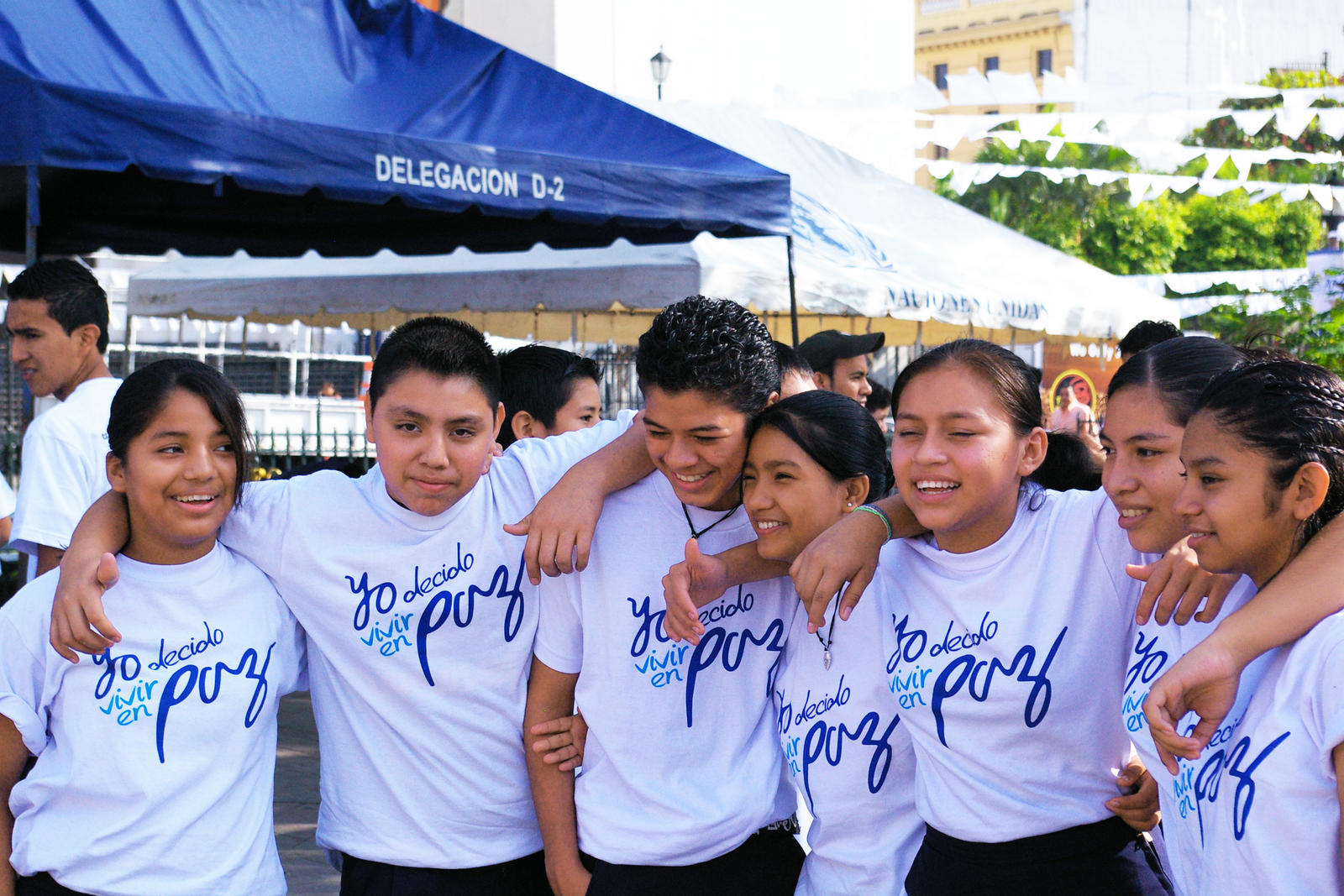
National ownership
Ownership is the best strategy to guarantee that a development project succeeds and grows in the long run. Governments at municipal, regional and national levels more readily assume ownership when initiatives rely on their vision, strategy, and framework. All our joint programmes are aligned with national priorities, as agreed upon by the UN and each national government in the UN Development Assistance Framework (UNDAF).
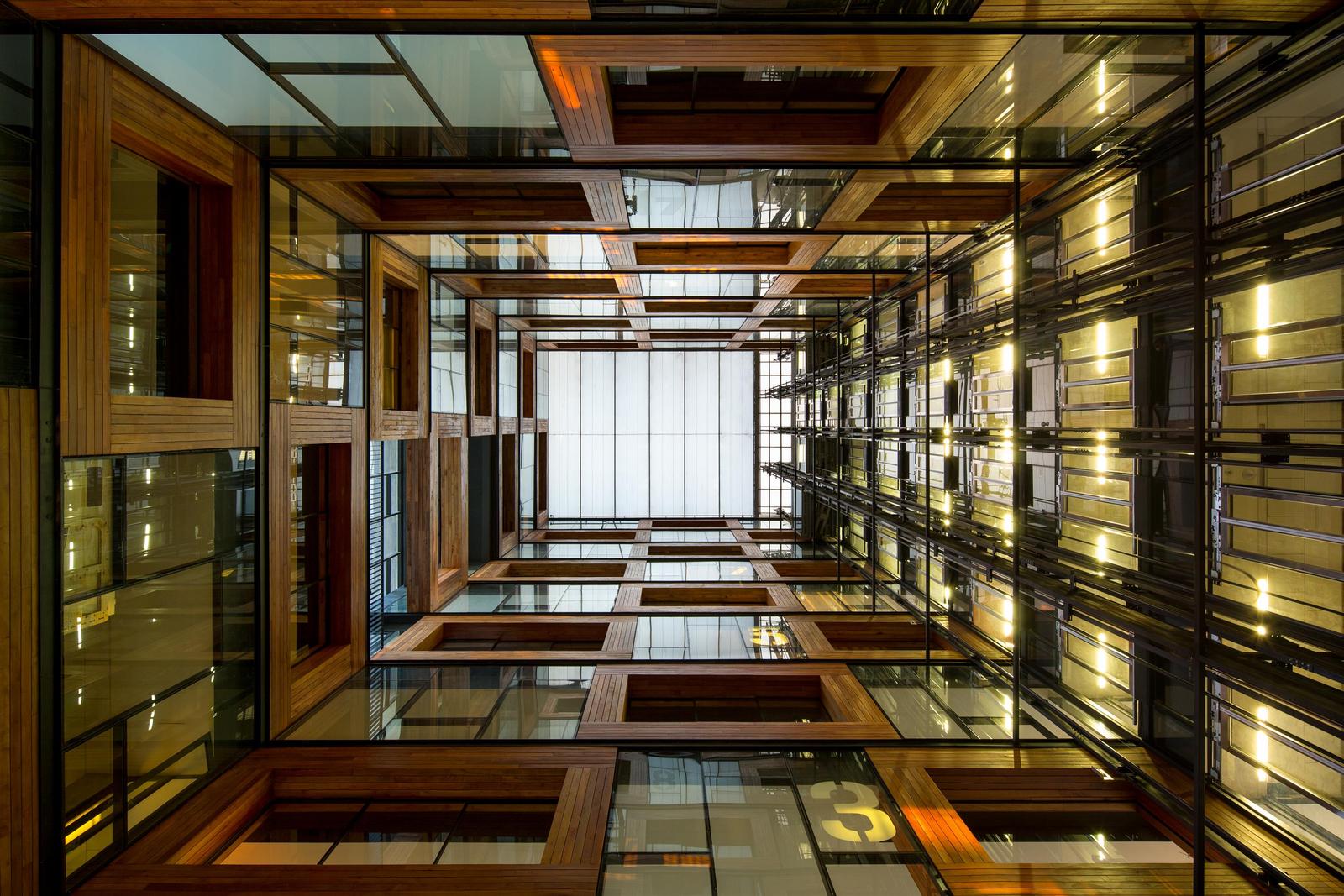
Interconnecting SDGs
The 2030 Agenda is a multidimensional and integrated roadmap: lack of income corresponds with worsening health conditions, education levels, and living standards. That’s why sustainability requires integrated approaches that address several SDGs simultaneously.
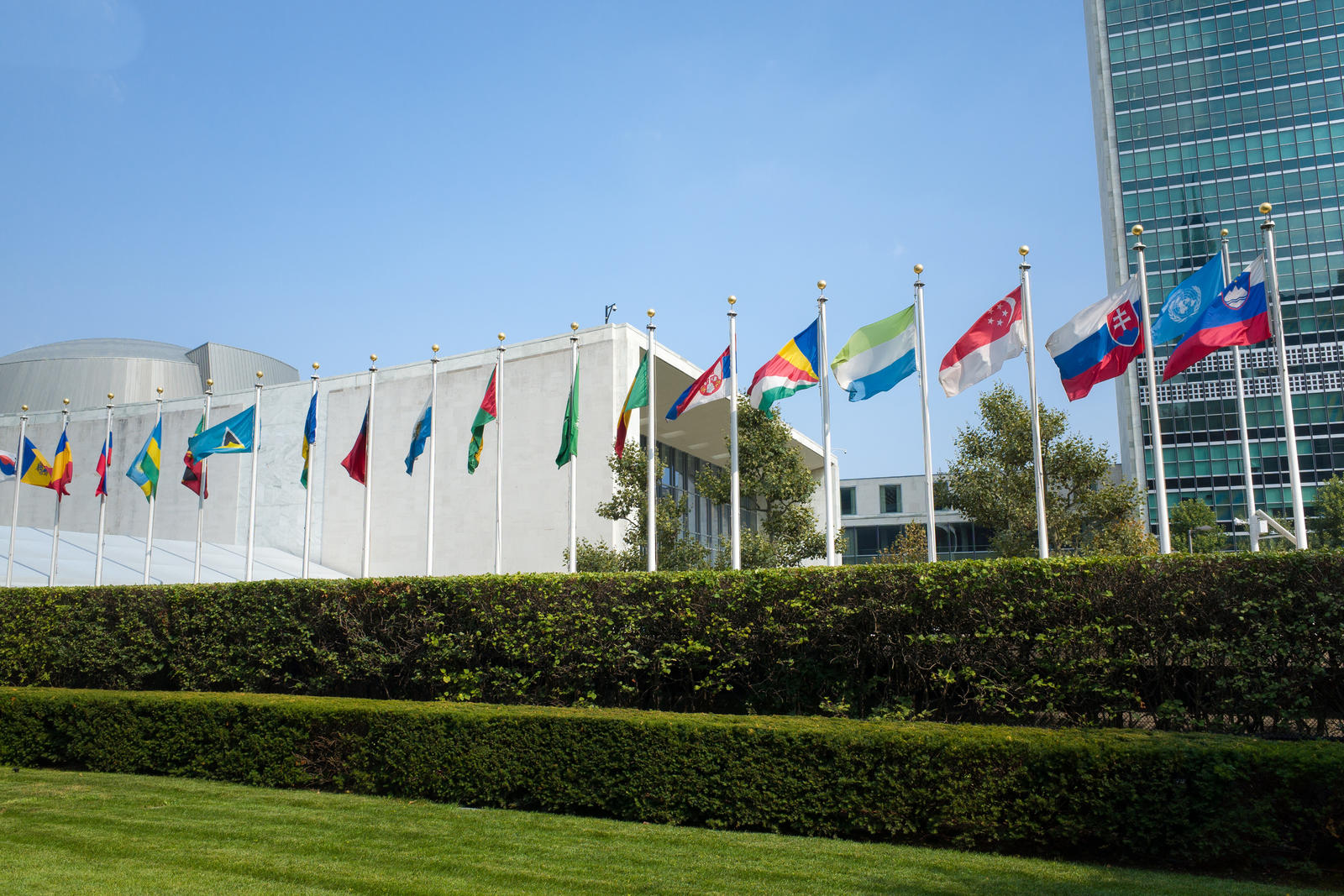
Matching funds
A key element of our work is the matching funds system, which requires that every financial contribution made by the SDG Fund be matched at least one-to-one by the joint programme partners. These are national and subnational governments, UN agencies, the private sector, and civil society. This ensures greater national ownership and improves sustainability, since many of these initiatives are scaled up or inform new national policies.
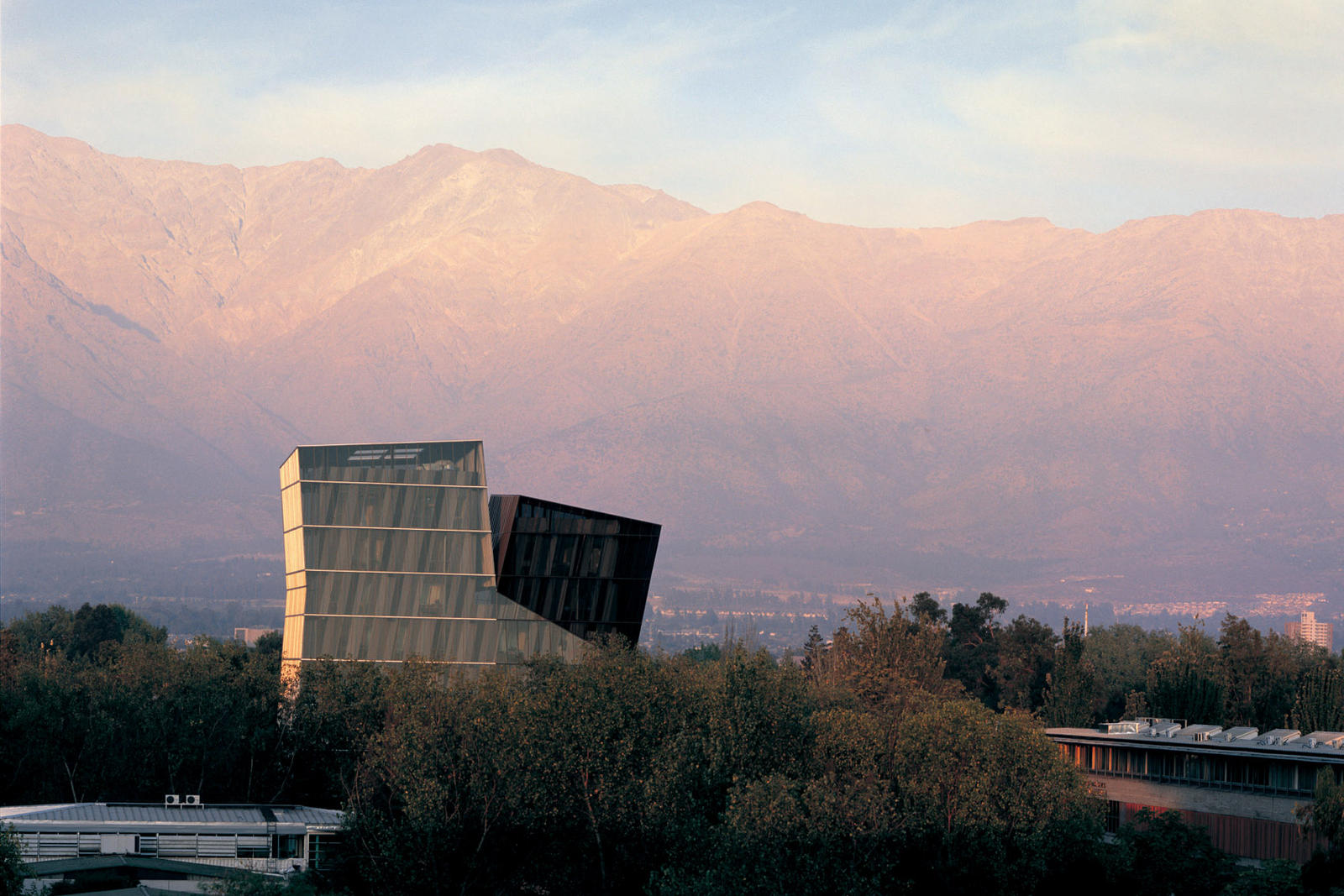
Engaging creative industries
The creative economy is not only one of the most rapidly growing sectors of the world economy, it is also a highly transformative one in terms of income generation, job creation and export earnings. Artists, chefs, musicians, and architects are leading SDG implementation.
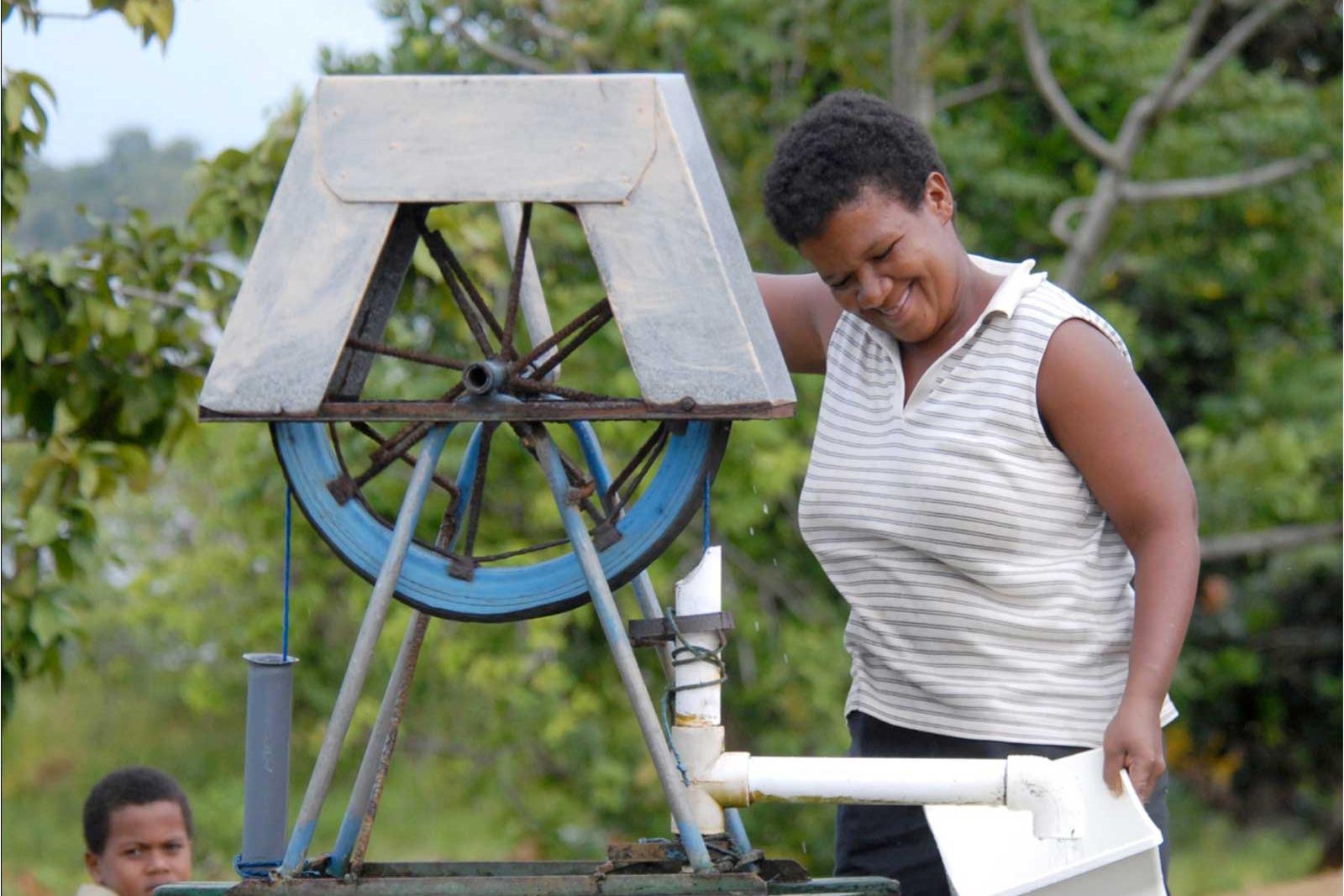
Sustainability
We embed sustainable principles in all our projects and ensure long-term development gains.

Gender equality
All SDG Fund programmes mainstream gender into their implementation and monitoring plans. The Fund uses gender equality criteria for designing gender-sensitive programmes.
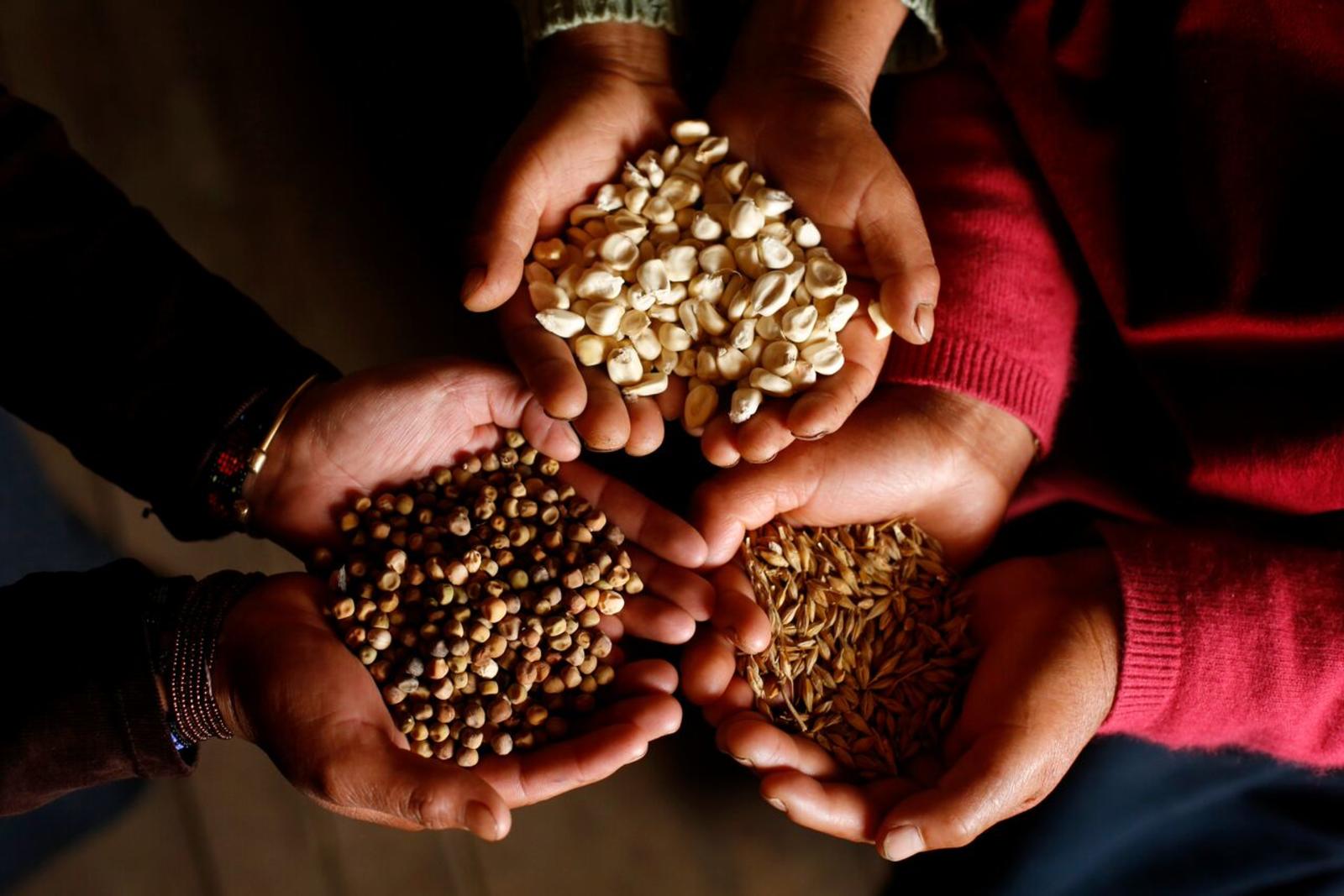
South-South Cooperation
The SDG Fund sees horizontal cooperation as a vehicle to share and disseminate knowledge, and facilitate policy and technical exchange.
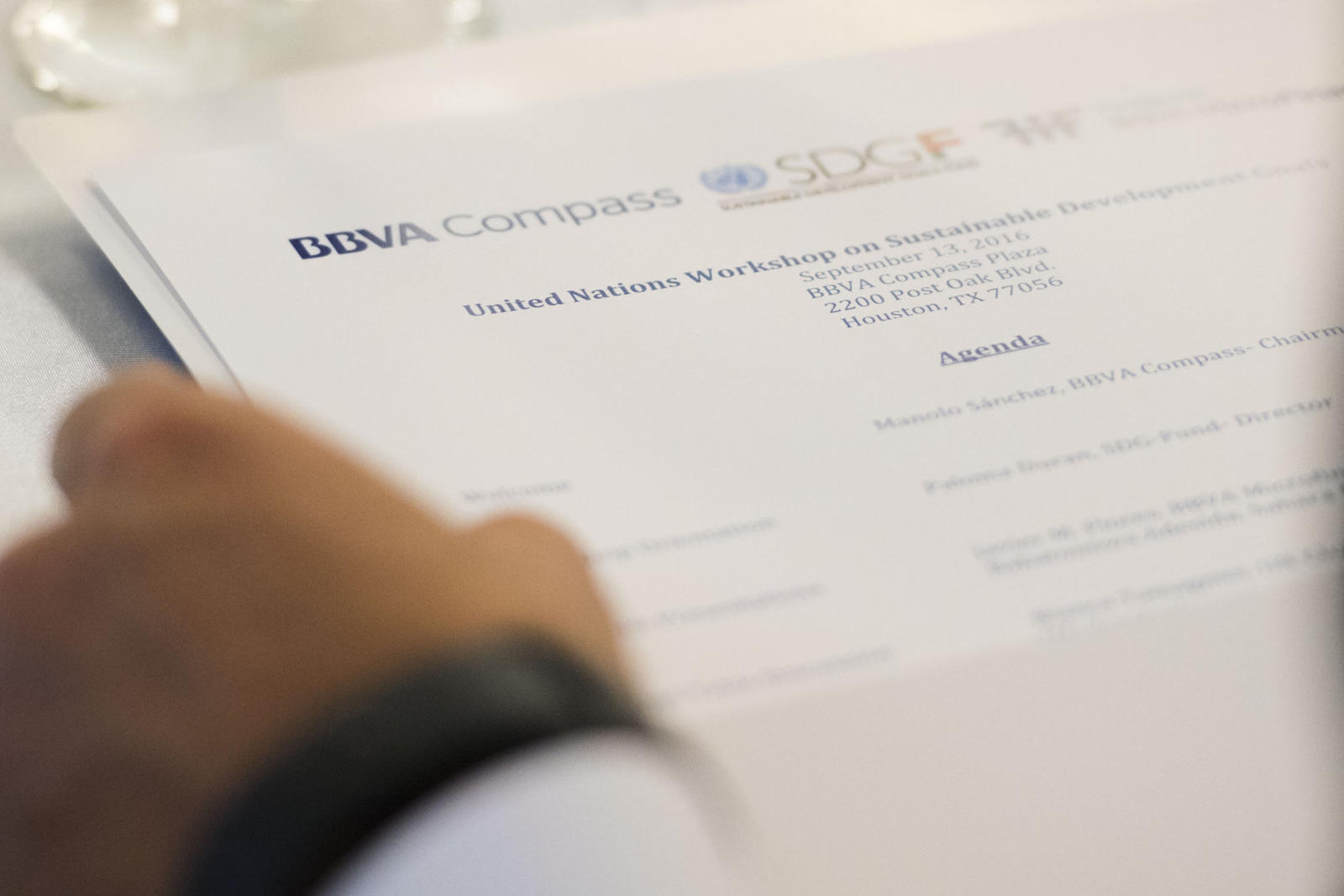
Transparency and mutual accountability
Direct access to financial and programmatic information of the joint programmes is one of the SDG Fund’s key assets. A strong accountability and transparency policy gives stakeholders and donors direct access to each programme’s latest information.

